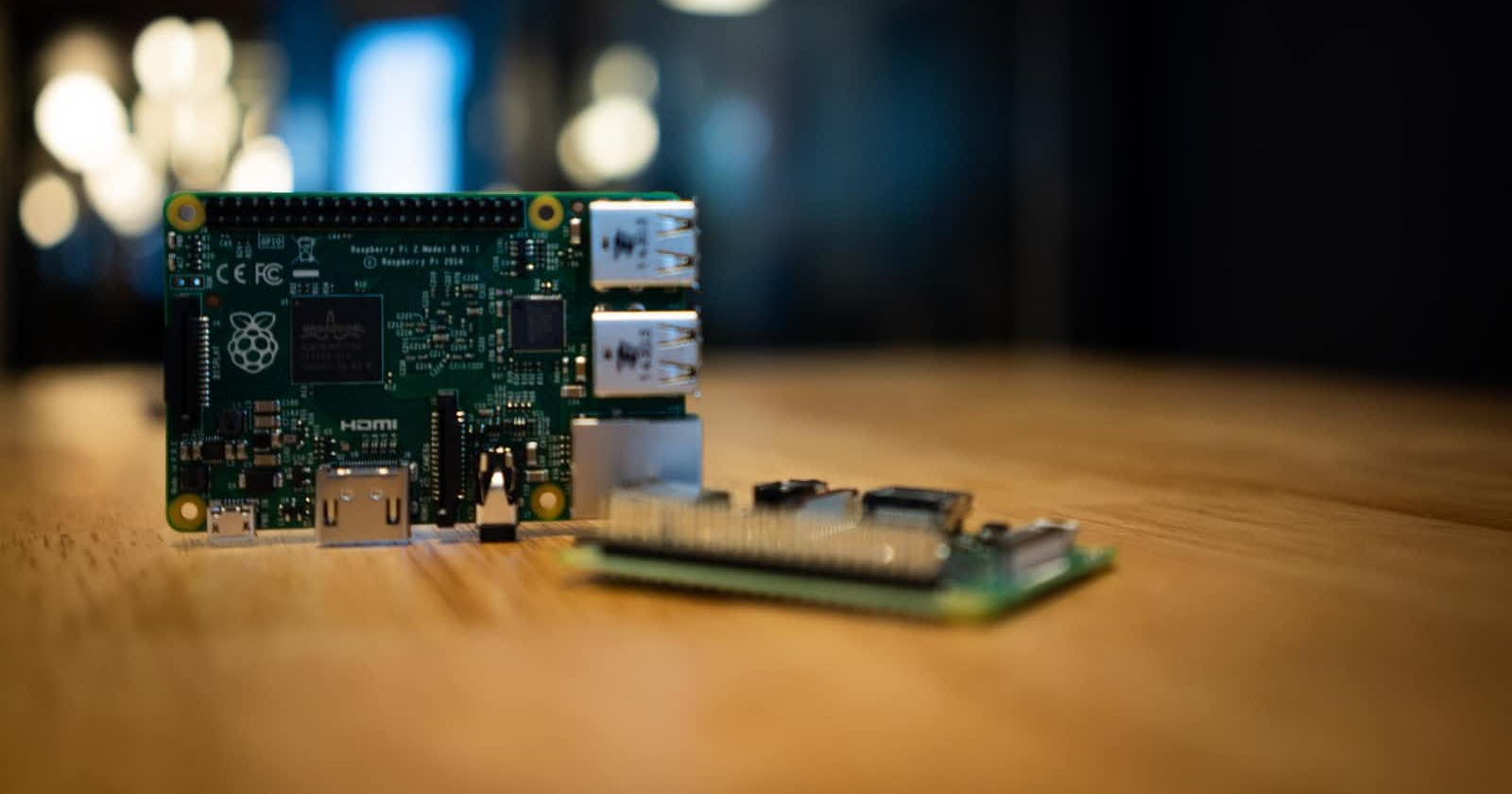
Photo by Jeff Loucks on Unsplash
Stop updating Python on your Raspberry Pi OS or Ubuntu
Use docker instead
Python is a programming language that is used for many different purposes. It is one of the most popular languages in the world and it has been around for a long time.
If you are using a raspberry pi, then it is important to know that there are certain risks associated with updating python on your os. This article will cover some of the risks and why you should not update python on your raspberry pi.
One line of code to rule them all
Yes! Yes yes yes! I know. I am the builder of the one line of code python for raspberry pi OS and Ubuntu to update your python to any version that you want.
I have written countless articles about updating Python on your OS. Updating Python on Ubuntu, updating Python on Raspberry Pi you can find all articles on my blog. You can find other articles on installing Python 3.8, Python 3.9, Python 3.9.7 and Python 3.10.x on a Raspberry Pi and even Ubuntu.
The benefits of updating Python on your OS are obvious.
It will provide you with the latest features and updates to improve your programming experience. However, there are some potential risks associated with updating Python on your OS.
Welcome to the dark side of Python updates
As said, I've always shown you ways on updating Python on Raspberry Pi and Ubuntu. But there is a Dark Side on updating Python on your device directly on your OS.
Updating python on your OS can be a risky process. There are 5 risks that you should be aware of before you update.
1) A newer Python version may break some software that relies on it.
2) Your OS may not have the latest version of python installed, and a newer version can cause conflicts with other programs and libraries.
3) You might have to go through more hoops to get the newest version of python working, which can be frustrating and time-consuming.
4) The new version may not work as well as the old one, or it may not support all your needs.
5) Your computer might crash or freeze when you update because there is a problem with the installation process as it relies on an older version of Python.
Updating Python is a bad idea
Stop updating Python, start using Docker
I really urge you to stop updating Python directly on your OS. Only update it when the update comes with your normal OS updates. But really, stop stop stop stop updating Python manually.
It is bad, it breaks stuff, it's frustrating. STOP!
Yes I know... I have been telling you for a long time to update... but really! Stop it!
But now you wonder.... how should I proceed with my projects build upon newer Python versions.
Start using Docker
Docker keeps your OS clean and mean, and within a docker you can install everything you need without breaking the device OS.
Start using Docker
Docker is a software that can package an application and its dependencies into a standardized unit for software development. It provides an additional level of abstraction and automation of operating-system-level virtualization on Linux.
The word “container” is used to describe both a single instance of running Docker, as well as the building block for creating images, containers and networks. A container is essentially a process with some additional metadata attached to it that describes what it needs in order to run successfully.
See Docker as an enclosed environment. You can do anything within it, scratch it, break it, destroy it and your raspberry pi will keep running as smooth as always.
Now with the Raspberry Pi 4 you have a strong enough device to run even multiple Docker instances. Each with their own OS and Python version. Docker, Ubuntu & Python 3.8, no problem. Another Docker, Debian & Python 3.10, no problem. Another Docker, Ubuntu & Python 2., NO PROBLEM!
In a later article I will explain on how to create, build and run a docker on your Raspberry PI.

